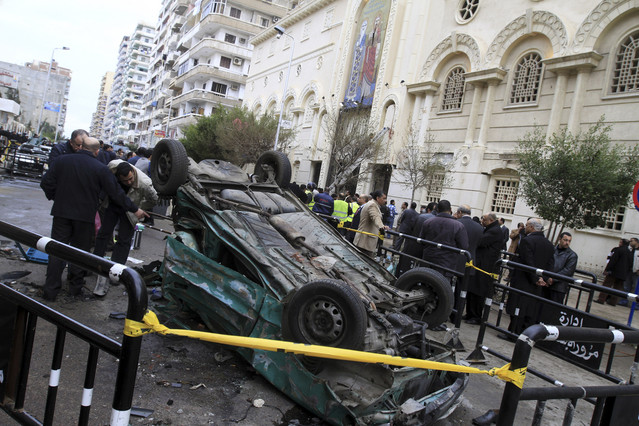JUBA: South Sudan wants its former northern enemies to cede the contested oil-rich border region of Abyei without holding a landmark referendum, a senior southern official said on Tuesday.
Instead of holding a referendum on the region, the presidency should "take a decision and transfer Abyei by presidential decree to the south, because the process of Abyei referendum has been delayed and there is no time," said Sudan People’s Liberation Movement (SPLM) secretary general Pagan Amum.
"That is what I see as the future of Abyei," he told reporters in the southern capital.
The vote on whether the region should remain in the north or join the south is scheduled for January 9, the same day as a referendum on southern independence.
The two ballots are the centerpiece of the 2005 Comprehensive Peace Agreement (CPA) between Khartoum and Juba that ended Africa’s longest-running civil war and gave former southern rebels the SPLM a share in government.
But preparations for both referendums are behind schedule, and many Western nations fear the possibility of renewed conflict if they are delayed.
On Tuesday, southern leader and Sudanese vice president Salva Kiir issued a joint statement with President Omar Al-Bashir pledging to maintain good relations regardless of the outcome of the southern referendum.
"It was categorically affirmed that there will be no war and we want economic and social cooperation and integration," the statement said.
The south is expected to opt for independence in the vote.
Negotiations on who should be eligible to take part in the Abyei referendum collapsed in Ethiopia earlier this month, and on Monday another round of talks in Addis Ababa set for Wednesday was postponed.
Diplomats are now working to bring the two sides closer amid fears of renewed violence in Abyei.
Amum, who is also minister for peace and the implementation of the CPA, said the south was willing to work out a deal to ensure a peaceful future.
"It is all about discussing the comprehensive deal or package that will unblock all these issues," he said.
"Let us discuss Abyei together with border demarcation, with accepting the results of the (southern) referendum, and with the relationship between the south and the north after the referendum," the southern official added.
The talks must be held "with the aim of ensuring that there is peace… (and) no return to war," he said.
The flashpoint district’s future has long been a major bone of contention between north and south because of its oil wealth.
Abyei is home to the Ngok Dinka tribe, who are seen to support joining an independent south, but semi-nomadic Misseriya migrate each year to Abyei looking for pasture for their cattle, and they largely support the north.
Amum accused the northern National Congress Party (NCP) of holding the process hostage by demanding a "ransom" from both the south and Washington to find a solution to Abyei.
"They (Khartoum) have told us that they want something from us, and they want something from the Americans," he said.
"From the Americans, they want the sanctions to be lifted," Amum said, adding that the government wanted to be removed from the US list of states that Washington says sponsor terrorism.
"Also they want certain things from us, and we have expressed readiness to go to Addis Ababa to discuss with them Abyei and all the other issues," the SPLM chief said.
"We are ready to put together the package of the ransom, and give it to them, and then they release Abyei and demarcate the borders… It is not their right, it is only that they have taken the process hostage," he said.
Abyei’s future, wedged between north and south Sudan, may be decided by destitute Arab nomads who covet its water.
The Misseriya tribesmen, who believe they are the land’s rightful guardians, cannot vote in a January referendum on whether Abyei should join the Muslim, Arab-dominated north or mainly Christian south.
In a dingy office in the village of Al-Muglad, the tribesmen’s chief warns that the Misseriya cannot be ignored. For more than two centuries they have migrated south in the dry season in search of grazing pastures for their herds.
"If I cannot vote, there will be no referendum," said the Misseriya emir Mukhtar Babo Nimir.
The walls of the office, which is used by the intelligence services, are decorated with pictures of Nimir’s father and Sudan’s President Omar al-Bashir.
"We do not want oil, we want water. We have five million cattle. Where are they to drink?" Nimir said.
His tribe fears that the Abyei referendum, which is scheduled to coincide with a vote on independence for the south, will squeeze out their water supply.

